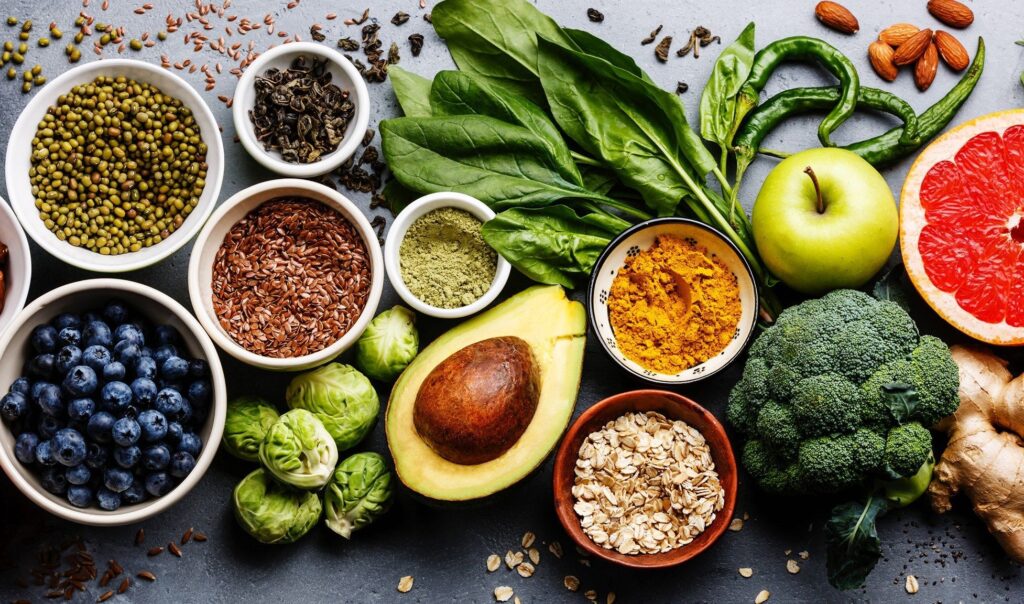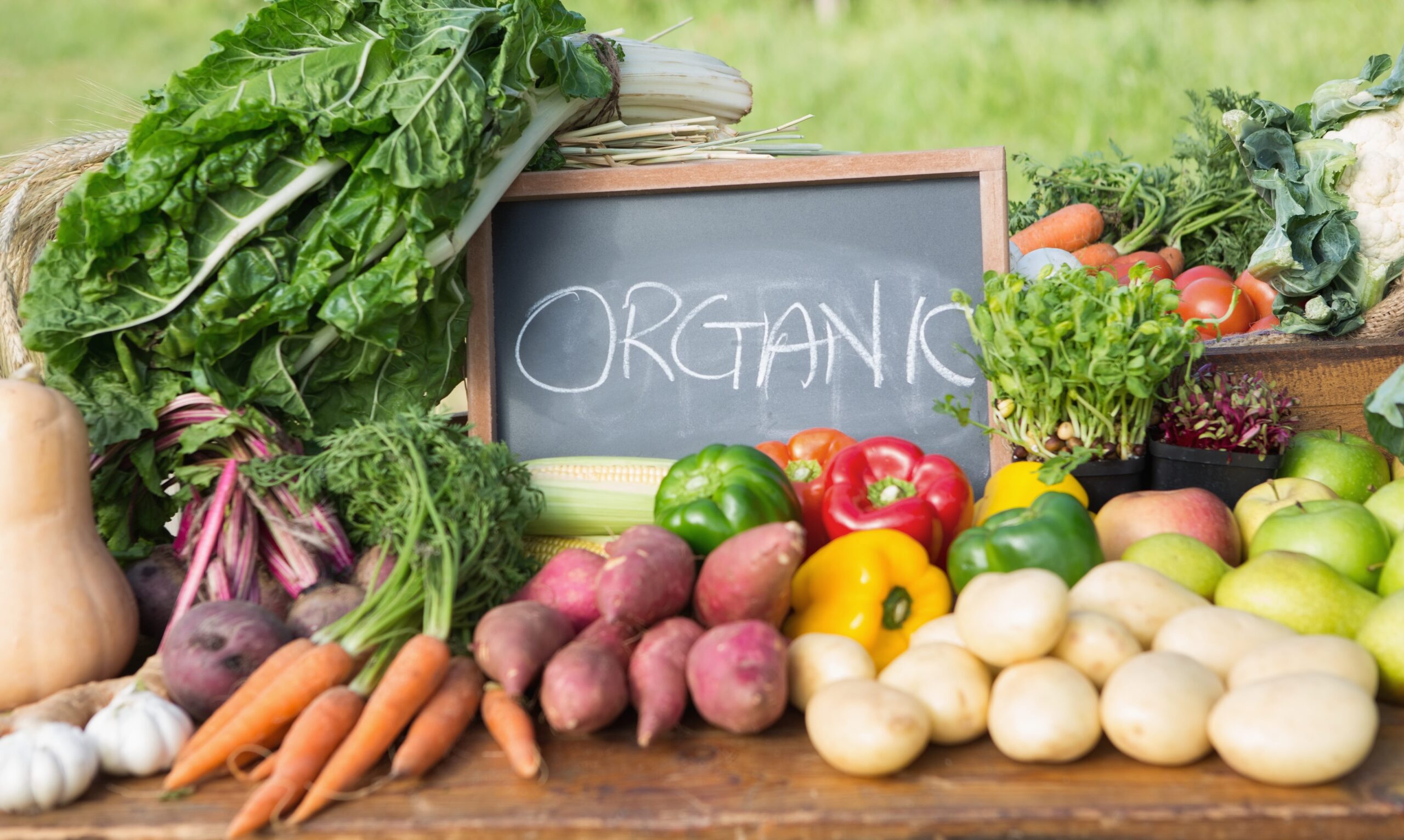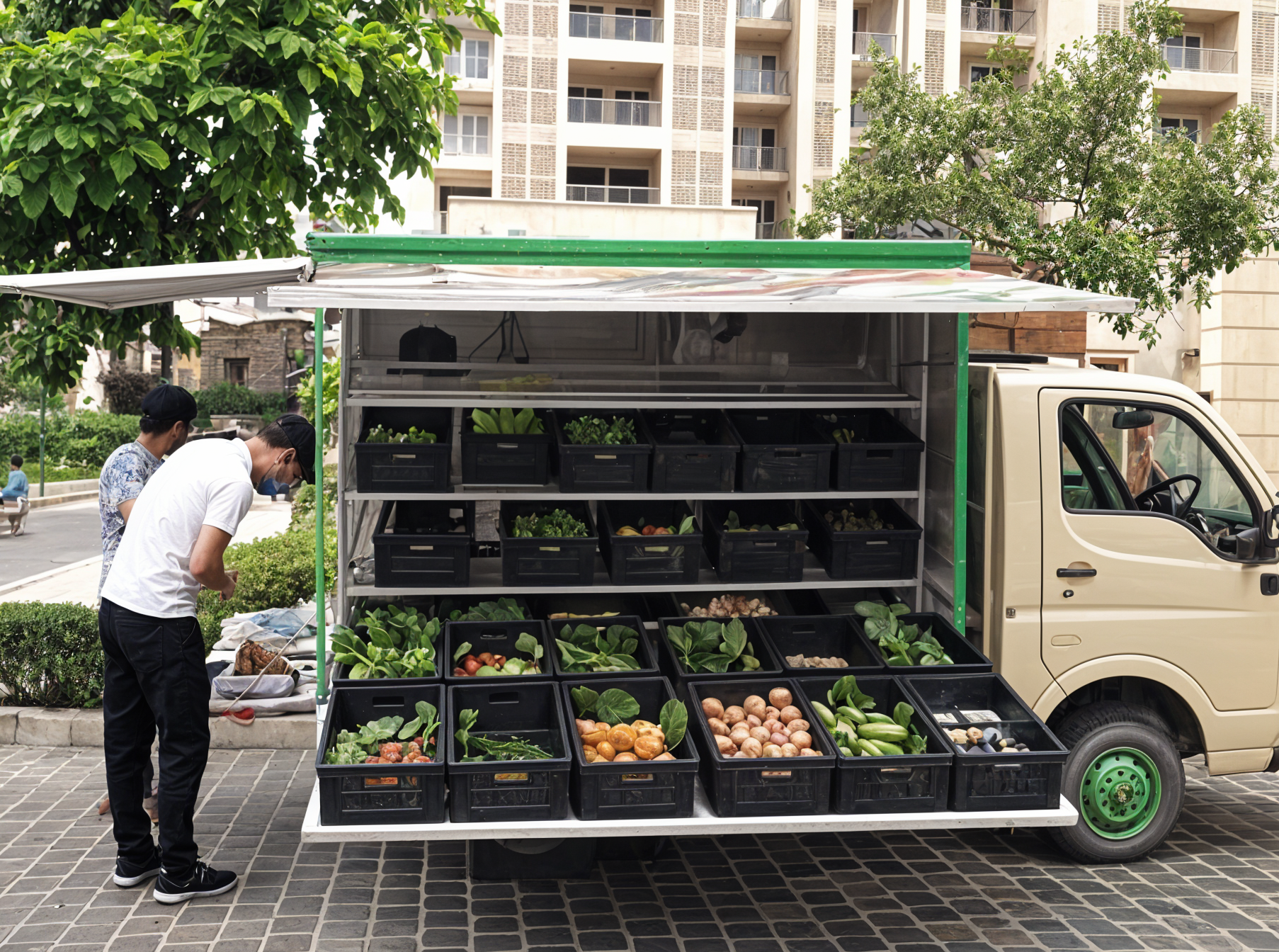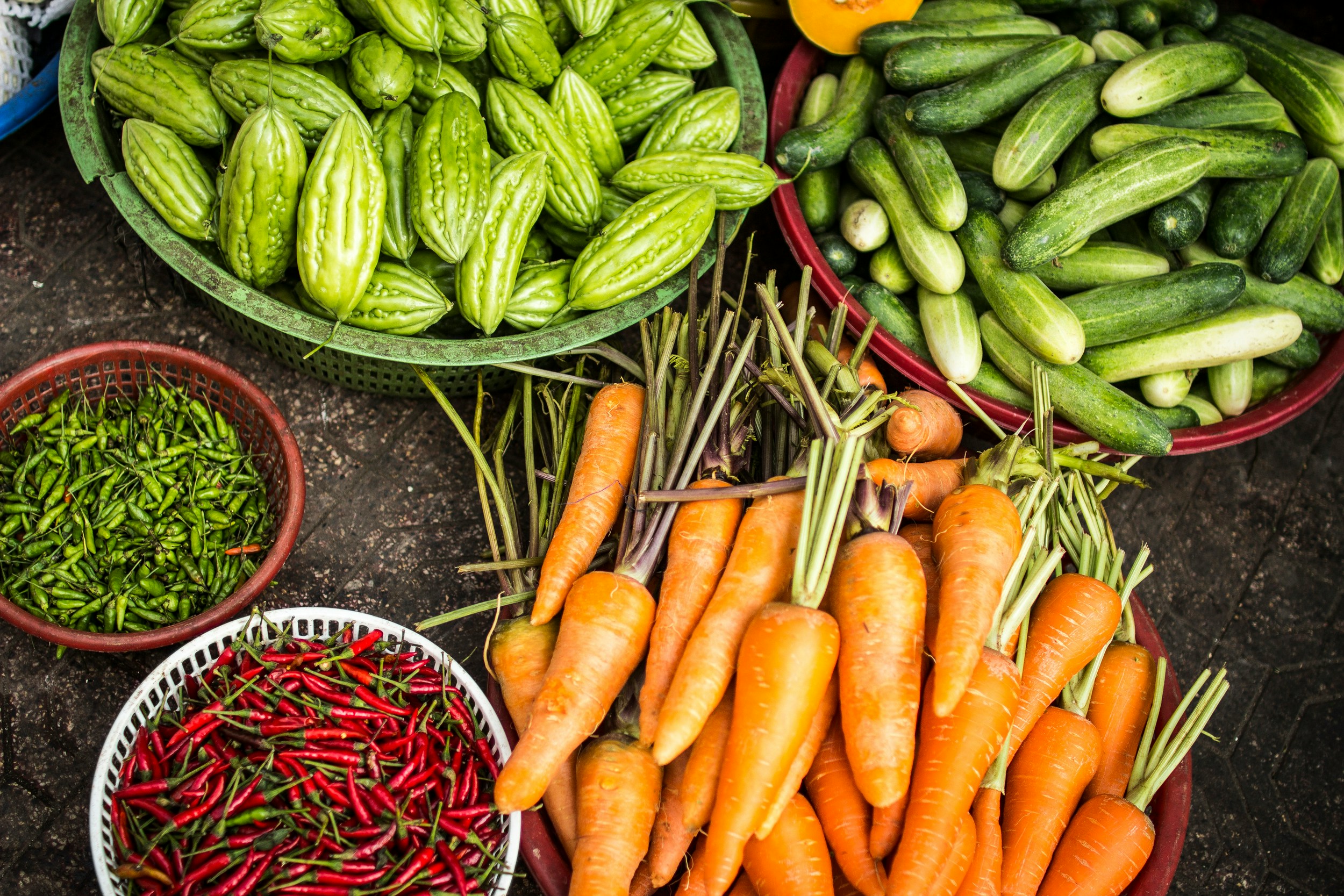The shiny “organic” label in supermarkets has become a familiar sight. But is organic food truly healthier, or is it just a trendy marketing gimmick? This blog dives into the world of organic produce, exploring the science, the environment, and your wallet, to help you decide if organic deserves a place in your shopping basket.
Unpacking Organic: What Does the Label Mean?
Organic certification signifies that the food has been produced following a specific set of guidelines. These guidelines typically restrict the use of synthetic pesticides, fertilizers, genetically modified organisms (GMOs), and antibiotics in meat production. Organic farming emphasizes practices that promote soil health and biodiversity, often relying on natural methods for pest control and fertilization.
Health Benefits: Fact or Fiction?
The jury’s still out on whether organic food is significantly more nutritious. Some studies suggest slightly higher levels of antioxidants and certain vitamins in organic produce. However, these differences may be minimal and depend on various factors, like soil quality and storage conditions.
The bigger health benefit might lie in reduced exposure to pesticide residues. However, conventional farming practices are constantly evolving, and residue levels in conventionally grown produce are often well below safety limits.
The takeaway: While organic might offer a slight edge in terms of pesticide residue, for most people, focusing on a balanced diet with plenty of fruits and vegetables, regardless of their label, is key to good health.

Environmental Impact: A Greener Choice?
Organic farming boasts a clear advantage in terms of environmental sustainability. By avoiding synthetic chemicals, it reduces water pollution and protects beneficial insects like bees. Additionally, organic practices promote soil health, leading to better water retention and reduced erosion.
However, organic farms typically require more land to produce the same yield as conventional farms. This raises concerns about land use, especially with a growing global population.
The takeaway: Organic farming is undoubtedly better for the environment. But until yields improve, it’s important to weigh the environmental benefits against the potential land-use trade-off.
The Price Factor: Organic on a Budget?
Organic food often carries a hefty price tag. This can be attributed to lower yields, stricter regulations, and the potential for spoilage due to the absence of synthetic preservatives. While the premium might be worth it for some, it can be a barrier for budget-conscious shoppers.
The takeaway: Organic doesn’t have to break the bank. Prioritize organic for items with a higher pesticide load, like berries and leafy greens. For others, conventional options can be just as healthy and budget-friendly.
Justified Conclusion: To Organic or Not to Organic?
So, is organic just a fad? Not necessarily. Here’s the deal:
- For your health: The nutritional benefits might be subtle, but the potential for reduced pesticide exposure is a plus.
- For the environment: Organic practices are undeniably better for our planet.
- For your wallet: Organic often comes at a premium. Prioritize for high-pesticide produce and buy conventional when budget is tight.
Ultimately, the decision to go organic is a personal one. Consider your priorities, weigh the pros and cons, and choose what best suits your needs and budget. Remember, even a partially organic diet is a step towards a healthier you and a healthier planet.





